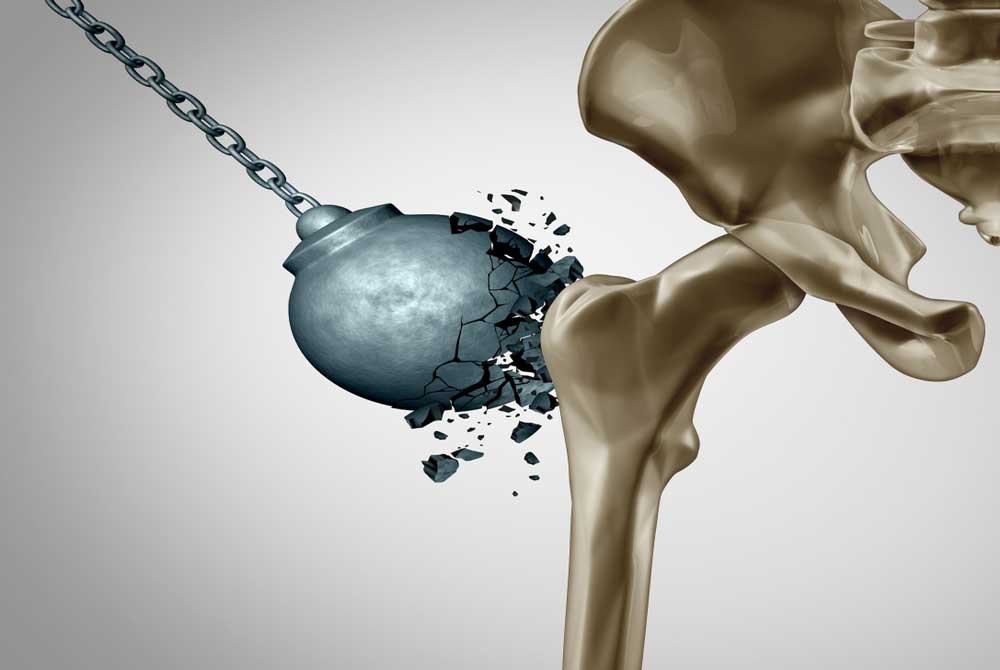To work properly, our bodies need magnesium. This mineral plays a role in hundreds of important body processes, including those that control the functioning of our muscles and nerves. It influences energy levels, supports heart health, manages blood sugar levels, and keeps bones strong.
Adults need 310-420 mg of magnesium per day, while children need anywhere from 30 to 410 milligrams, depending on age and gender. You can get magnesium from foods such as green leafy vegetables, beans and nuts, and whole grains, but if your doctor thinks you need more, (s)he may suggest that you take a supplement – note that magnesium supplements may interact with some medications, including antibiotics and diuretics.
Although magnesium deficiency is rare, one study suggests that up to 75% of people are not meeting their recommended daily intake. A simple blood test can confirm magnesium levels in the body. Health problems associated with magnesium deficiency include:
- Alcoholism
- Antibiotic use
- Celiac disease
- Chronic diarrhea
- Diabetes mellitus
- Gastrointestinal disease or surgery which caused malabsorption
- Long-term use of proton-pump inhibitors
Deficiency may cause fatigue, irregular heartbeat, mental problems, muscle cramps, and osteoporosis.
These are some of the many health benefits of magnesium:
Promotes heart health
Magnesium is key to a healthy heart rhythm. It plays a role in the transportation of other electrolytes, such as calcium and potassium, into cells. Electrolytes are important for the nerve signals and muscle contractions of a regular heartbeat. Insufficient magnesium levels are directly linked to hypertension, cardiac arrhythmia, and cardiovascular diseases.
Lowers risk of type 2 diabetes
Magnesium plays an important role in glucose metabolism and in regulating blood glucose levels and diets with higher amounts of magnesium are associated with lower blood sugar levels and a reduced risk of developing type 2 diabetes.
Boost bone health
Together, magnesium and calcium work to keep the bones healthy. Magnesium is involved in bone formation and is needed to keep the bones strong.
Increases energy levels
Magnesium activates adenosine triphosphate (ATP – the energy-carrying molecule used in cells) in the body, thereby helping the body to create energy.
Ensures proper nerve and muscle function
Magnesium plays a vital role in relaying nerve signals between the brain and the body and in the regulation of muscle contractions, which is why it’s often recommended to treat muscle cramps.
Improves quality of sleep
Magnesium activates neurotransmitters which send signals throughout the nervous system to help calm and relax the body and mind. It also regulates the hormone melatonin that controls the sleep-wake cycle of the body.
Fights depression
Magnesium plays a critical role in brain function and mood. Low levels of magnesium are linked to an increased risk of depression and supplementing the mineral may help reduce the symptoms of depression, sometimes with dramatic results.
In addition, magnesium is used as a laxative in case of constipation, to lessen the symptoms of PMS, and to fight migraines.
Eat plenty of these delicious, magnesium-rich foods:
- Dark leafy vegetables: kale, swiss chard, spinach, broccoli
- Avocado
- Nuts: almonds, cashews, and peanuts
- Whole grains
- Dried beans and legumes: black beans, chickpeas, lentils
- Seeds: chia seeds, pumpkin seeds, flaxseeds
- Dark chocolate
- Tofu
- Salmon
These foods are also high in other healthy nutrients and can help not only to make sure you meet your daily magnesium intake but also to boost your overall health.
Making sure that your body is getting enough magnesium through a well-balanced and varied diet is one powerful way to maintain good health and wellbeing.

